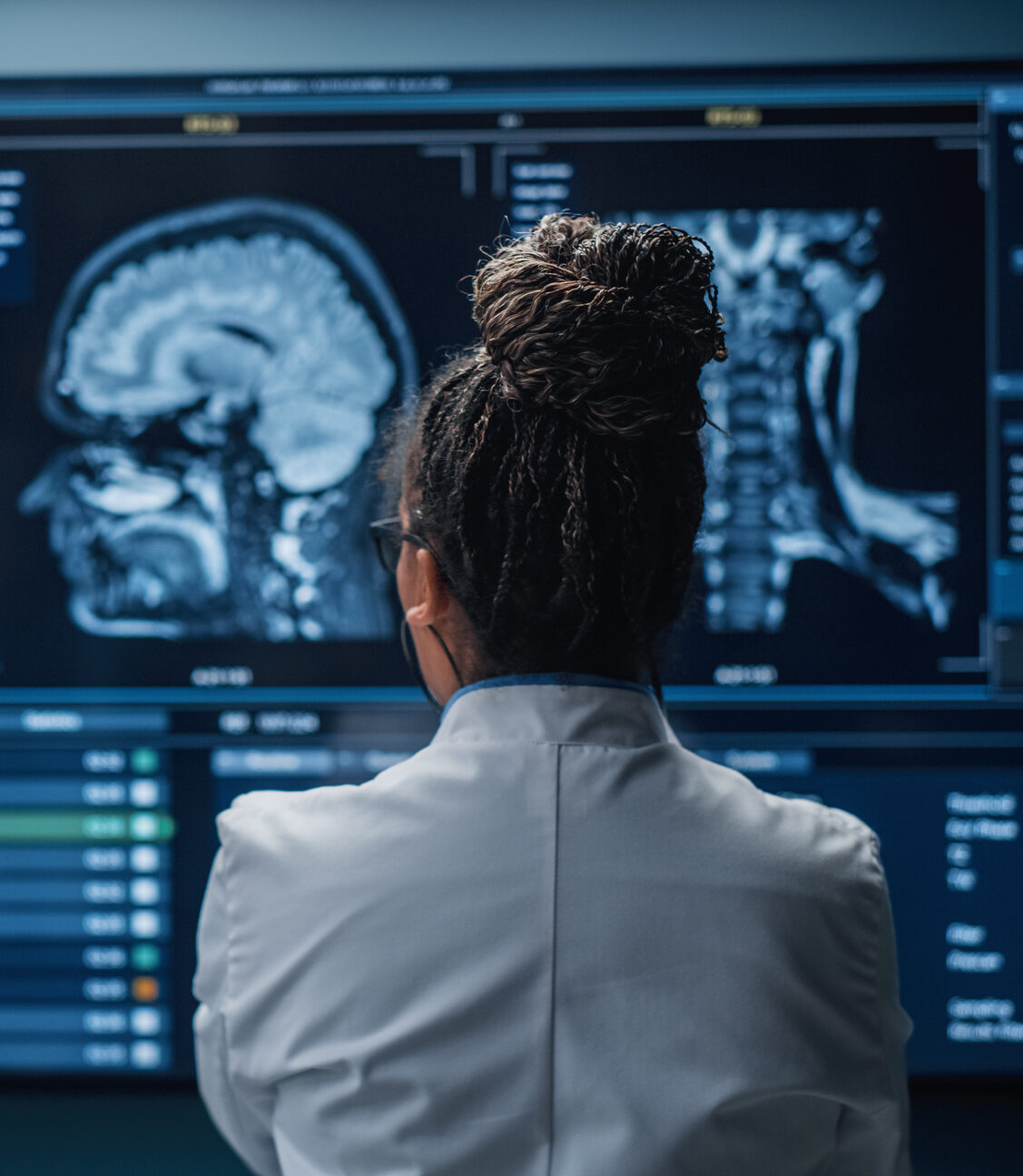TMS Services
With proper treatment and lifestyle changes, living with a mental health disorder can be manageable and even enjoyable. It’s important to speak with a qualified mental health professional about your condition and treatment options. With proper guidance and care, people can find much needed relief from their symptoms and live comfortably.

Transcranial Magnetic Stimulation (TMS) is a non-invasive and painless treatment for mental health disorders, such as depression, anxiety, and obsessive-compulsive disorder. During the procedure, magnetic pulses are delivered to specific areas of the brain using a coil placed on the scalp. This treatment is typically administered in an outpatient setting, and can be done in as little as 30 minutes per session with up to five sessions per week over the course of several weeks. TMS Services can be a great option for those who have not seen the desired results from traditional medications or cannot take them due to interactions with other drugs. It is also an attractive alternative for those looking to avoid the potential adverse effects of antidepressant medications. Depression is a serious mental health condition that affects millions of people worldwide Treatment options vary depending on the severity of symptoms, but common treatments include medications such as antidepressants, psychotherapy (also known as talk therapy), and lifestyle changes such as improved diet, exercise, and stress management. TMS is a non-invasive depression treatment designed to help reduce symptoms associated with major depressive disorder and other mood disorders. It has been shown to be effective in reducing symptoms of depression in many patients, with up to 60 percent of people experiencing a significant improvement in mood and overall well-being. In addition to its effectiveness in treating depression, TMS therapy has also been used to treat other mental health issues such as obsessive-compulsive disorder (OCD) and post-traumatic stress disorder (PTSD). It can also be used to treat pain associated with migraines and fibromyalgia. The most common side effects reported are mild-to-moderate discomfort during the treatment session and scalp discomfort at the site of stimulation. Other side effects may include a lightheaded feeling, headache, dizziness, or tingling sensation. These effects usually subside shortly after treatment is completed and rarely require medical intervention. TMS does not require any anesthesia or sedation, making it an attractive option for individuals seeking relief from mental health symptoms.
Neurostimulation therapy, or Transcranial Magnetic Stimulation (TMS) services are a non-invasive method of treating mental health conditions such as depression and anxiety. This technique uses magnetic fields to stimulate the brain in order to induce changes in neurotransmitter activity that can help alleviate symptoms. Neurostimulation therapy is a relatively new form of treatment which involves the application of electrical stimulation to the brain, spinal cord or peripheral nerves in order to modulate and improve neurological functioning. This type of therapy has been found to be beneficial for conditions such as chronic pain, epilepsy, depression, anxiety and other neurologic disorders. By stimulating these areas, it can help reduce symptoms associated with certain neurologic disorders. This could be beneficial for those with conditions such as stroke or traumatic brain injury. Studies have found that this form of therapy can provide significant relief from symptoms and improve overall functioning

TMS Clinics offer many educational resources for patients, including mental health awareness and support groups. They strive to create an atmosphere of understanding, respect, and collaboration that empowers patients to take ownership of their mental health and find success in managing their symptoms. The clinics are dedicated to providing comprehensive resources so that patients can make informed decisions about their treatment plan.